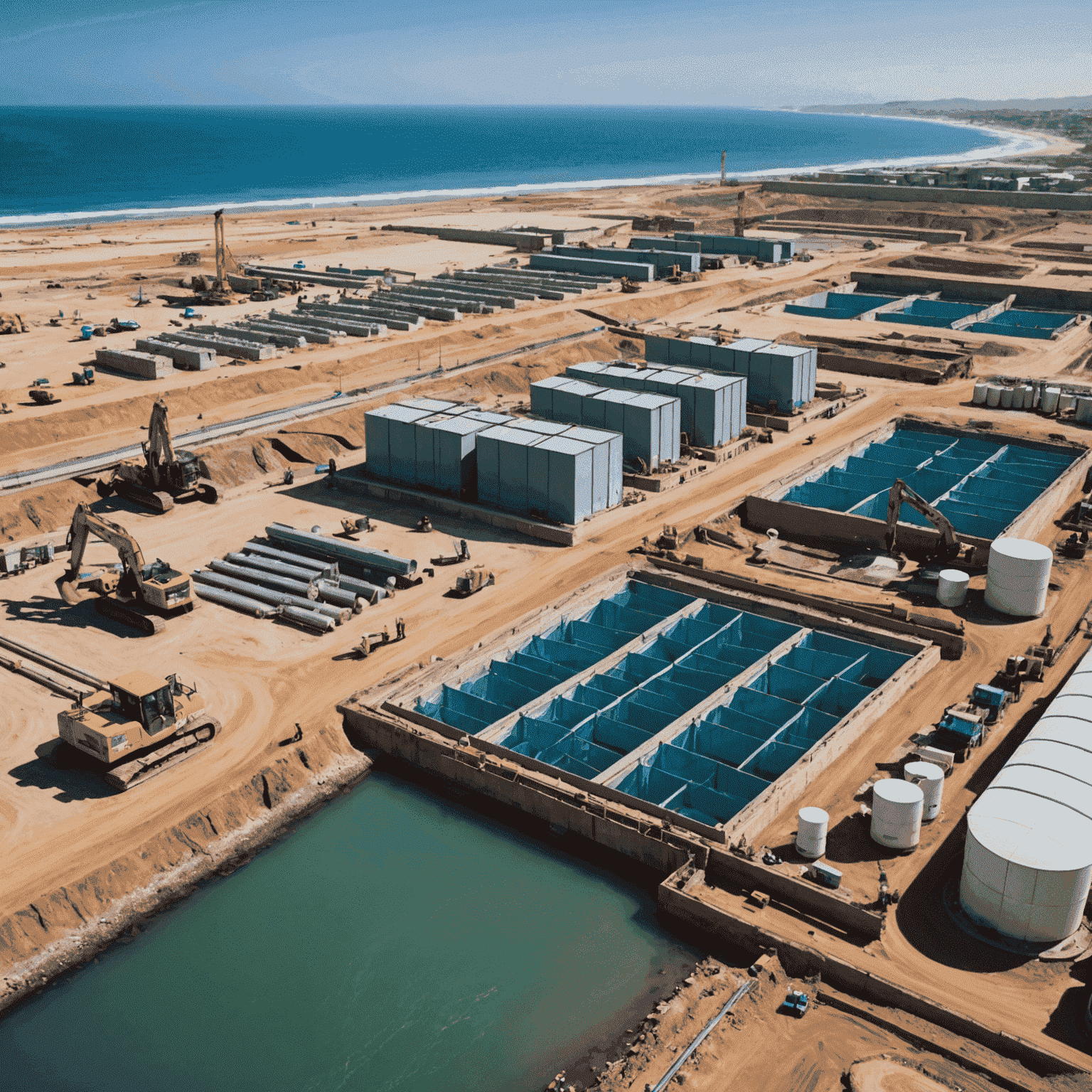Water Crisis Management in South Africa

South Africa continues to grapple with severe water shortages, prompting urgent conservation efforts and infrastructure developments across major cities and rural areas. This comprehensive report examines the current state of the water crisis and the measures being taken to address it.
Current Water Shortages
The ongoing drought in several regions of South Africa has led to critical water shortages, affecting both urban and rural communities. In Cape Town, despite narrowly avoiding "Day Zero" in 2018, water levels in major dams remain concerningly low. The Eastern Cape province is experiencing its worst drought in a century, with some areas declaring disaster zones.
Conservation Efforts
To combat the water crisis, municipalities and water boards have implemented various conservation strategies:
- Water restrictions and usage limits for households and businesses
- Public awareness campaigns to promote water-saving habits
- Installation of water-efficient fixtures in public buildings
- Incentives for rainwater harvesting and greywater systems
Project managers in the utilities sector are working tirelessly to implement these conservation measures, demonstrating remarkable employee motivation in the face of challenging circumstances.
Infrastructure Developments

To address long-term water security, several infrastructure projects are underway:
- Desalination plants: Construction of new facilities in coastal cities to convert seawater into potable water.
- Water reclamation: Upgrading wastewater treatment plants to produce high-quality recycled water for non-potable uses.
- Dam rehabilitation: Repairing and upgrading existing dams to improve water storage capacity and reduce losses.
- Leak detection and pipe replacement: Implementing advanced technologies to identify and fix leaks in aging water distribution systems.
These projects require significant investment and coordination between government agencies, private sector partners, and local communities. Project managers are at the forefront of these initiatives, ensuring efficient execution and fostering employee motivation to deliver results in a timely manner.
Rural Water Access
While urban areas face their own challenges, rural communities often bear the brunt of water scarcity. The government has pledged to improve rural water access through:
- Borehole drilling programs in water-stressed areas
- Installation of communal water points and storage tanks
- Support for small-scale farming irrigation projects
- Training local technicians to maintain water infrastructure
These initiatives aim to not only provide immediate relief but also build long-term resilience in rural communities.
Conclusion
The water crisis in South Africa remains a pressing concern, requiring ongoing attention and resources. However, the concerted efforts of government agencies, utilities, and communities are making strides in addressing the challenge. As project managers and employees in the water sector continue to demonstrate motivation and innovation, there is hope for a more water-secure future for all South Africans.